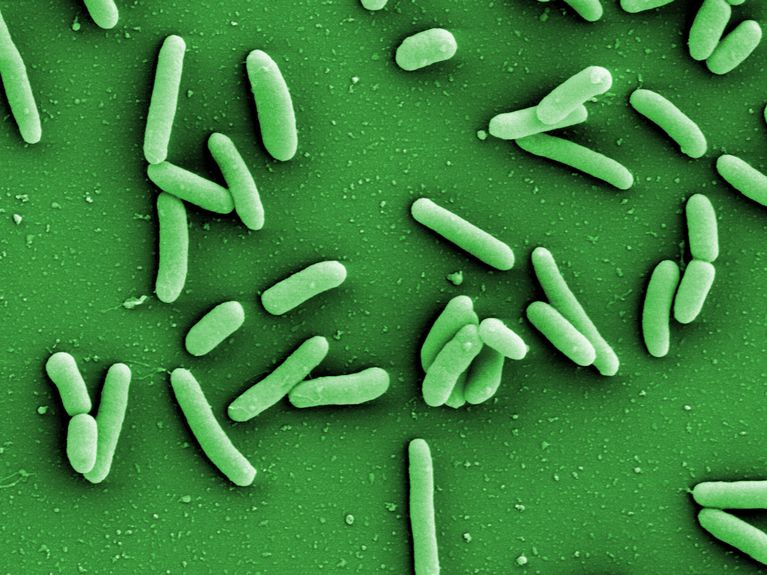
Challenge #55
Winning the race against resistant bacteria.
Antibiotic-resistant bacteria are among the greatest threats to global health and food security. To combat this, researchers at HZI are searching for new active substances and developing methods for early resistance detection as well as new therapy concepts.
Participating centers
A small wound on the finger or a dental operation could suddenly become life-threatening as more and more bacteria become resistant to common antibiotics. Bacteria form these resistances as a natural effect of their rapid evolution. The reasons for this development are varied; it could result, for example, from a hasty prescription of antibiotics for cold symptoms where they usually not effective at all, too short of an intake of antibiotics, or their improper use in factory farming. Experts predict that by 2050, antibiotic resistance will cause more deaths than cancer worldwide.
At the Helmholtz Centre for Infection Research (HZI) and its Saarbrücken site, the Helmholtz Institute for Pharmaceutical Research Saarland (HIPS), scientists are meeting this challenge in interdisciplinary teams. There, they are developing efficient molecular analytical methods to detect resistance at an early stage, are searching for previously undiscovered substances with antibacterial effects, and are testing alternative treatment approaches that specifically circumvent the development of resistance.
(Header: HZI/Manfred Rohde)